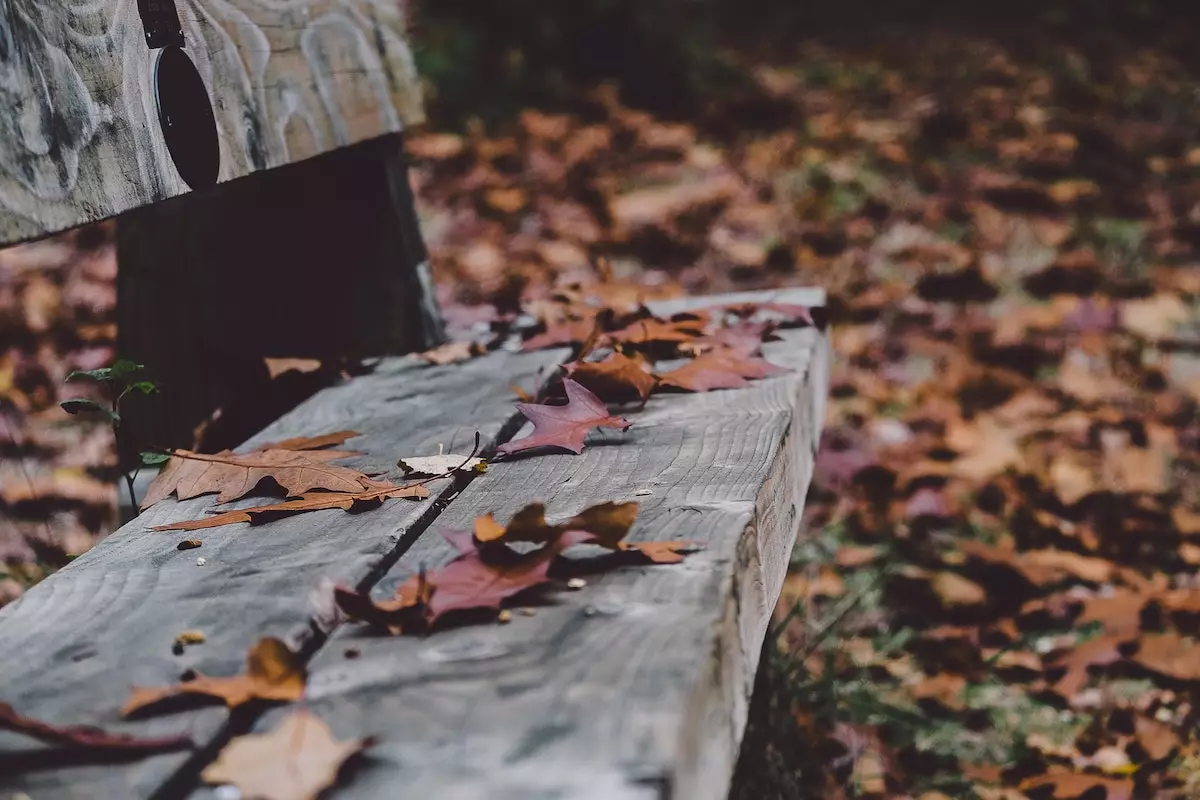My dear friend Kay pointed out to me that posts about Buddhism were missing from my blog.
‘When are you going to write about Buddhism?’, he asked one day.
I consider myself not even a Beginner in the Buddhist path, but as someone who is curiously exploring the Buddhist concepts. While that makes me incapable of giving a lengthy discourse, I am going to share my simple thoughts on one of the central themes of Buddhism.
The past few years have been ‘Uneasy’, to say the least. Thanks to the Pandemic - which majority of us have never witnessed before, a War - which threatened to escalate to WW III, Climate Change - which still has its share of non believers, Inflation - which is skyrocketing across all nations, and more. This seems to be the right time to talk about ‘Impermanence’.
My work puts me in an unenviable position where I get to ask patients to undergo a surgical procedure. Understandably, not everyone is thrilled about it. People respond in different ways, when I counsel them. A set of people, while willing for the procedure, get stuck, thinking about the complications, the side effects, after effects, recurrence rates and so on.
Mostly fuelled by anxiety, and partly fuelled by the wealth of information available about their condition, they demand one or all of the following:
- One hundred percent success.
- Guarantee of no complications.
- Assurance of no recurrence.
Clearly, I cannot guarantee any of those, and I try to set the expectations right.
When we hit a stonewall, I usually end up asking them
“Why are you so worried about what’s going to happen a few days, or a few weeks from now, when you don’t know what is going to happen tomorrow?”
“Oh Doc, but I know what is going to happen tomorrow. This is my schedule, my plan for the next day”
“That’s nice. But where is the guarantee that you or me will be seeing tomorrow’s daylight?”
Usually a blank stare ensures.
Impermanence is one of the core concepts of Buddhism. And understanding it is essential to understand a lot of other Buddhist Concepts.
Impermanence simply means, ‘Everything changes’ and ‘Nothing is Permanent’.
Believing that nothing changes, and thinking one has it all under control gives us an illusion of security. But in reality, everything changes.
We change. We age every single day, physically and mentally. A personal reflection will tell us that we are much different from how we were a decade ago. Our personality, our friendships, our relations have all changed or evolved as time passes.
The world around us changes every single day, even though it does not seem so. Quoting a passage I love from tricycle magazine ‘The world around us may appear solid and unchanging, but even rivers change course, mountains crumble, seas dry up, and stars burn out. The entire universe is in a process of constant flux, arising and falling away. Our brief lives give us the privilege of witnessing this grand procession for just a moment.'
If everything changes, and nothing is permanent, then what exactly is the point? The point of this life? The point of whatever we do? The point of this post?
The point is to shift our focus from ‘Tomorrow’ to ‘Today’.
The crux of ‘Procrastination’- of which I have been guilty, multiple times - is that there is a tomorrow. Reminding ourselves about Impermanence allows us to deal with this. If it’s important enough, do it today.
Planning for permanence, leads to anxiety. Having plans is good, but more important is to have a plan, and to acknowledge that even the best plans go awry. Always be prepared for change, and to embrace whatever comes along.
Most of our present lives is spent on the thoughts of tomorrow. Focusing on the task we have at the moment, focusing on the present will help us realise that what we have in this moment is nothing short of a miracle.
Quoting Thich Nhat Hanh ‘Many of us don’t allow ourselves to be relaxed. Why do we always try to run and run, even while having our breakfast, while having our lunch, while walking, while sitting? There’s something pushing and pulling us all the time. We make ourselves busy in the hopes of having happiness in the future. In the sutra “Knowing the Better Way to Live Alone,” the Buddha said clearly, “Don’t get caught in the past, because the past is gone. Don’t get upset about the future, because the future is not yet here. There is only one moment for you to be alive, and that is the present moment. Go back to the present moment and live this moment deeply, and you’ll be free.'
Today may be a Certainty, but Tomorrow is always a Gift.
Cover Photo by Annie Spratt on Unsplash
